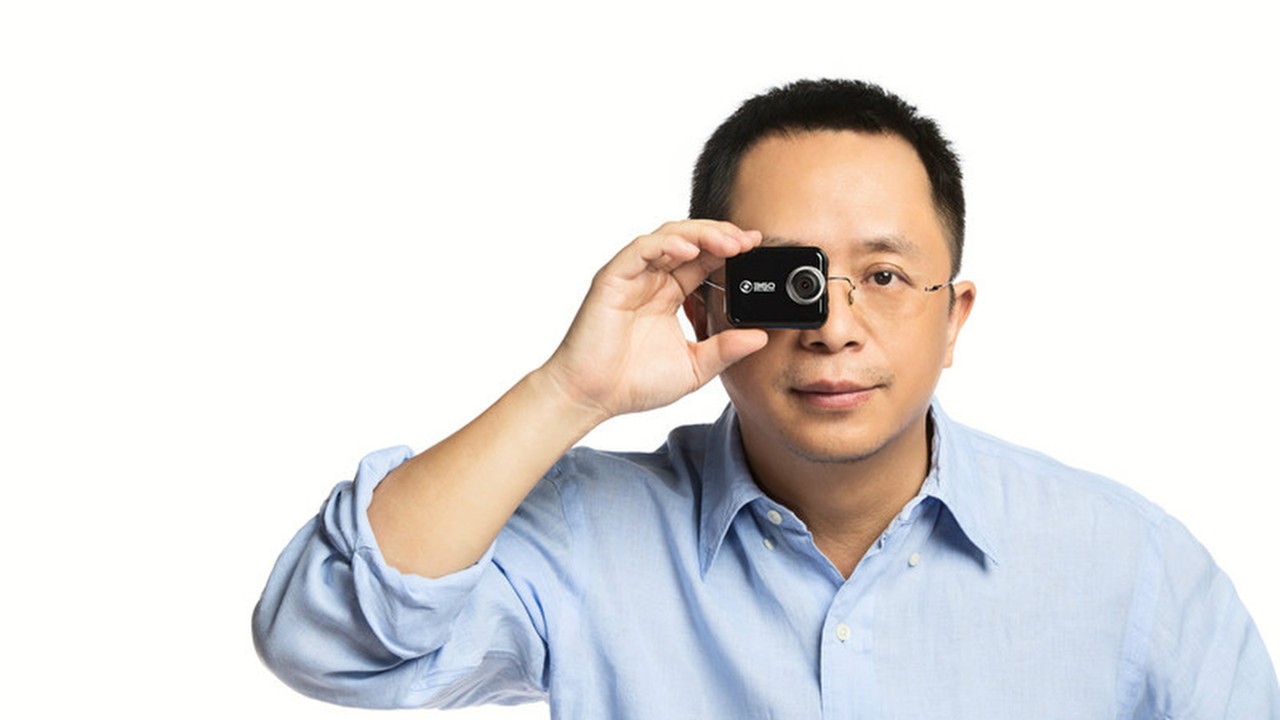
When Zhou Hongyi, co-founder of Chinese cybersecurity firm Qihoo 360, shared his ambitions to be an online influencer, he named a role model whose behaviour on social media has garnered praise and derision alike – Tesla CEO Elon Musk.
“Billions of people across the world know what he wants to do [after] he posts a tweet – this is the new way of communication in the influencer era,” Zhou said in February on Weibo – itself the Chinese equivalent of Musk’s platform X, rebranded from Twitter in one of many mercurial shifts from the world’s richest man.
Zhou now has over 11 million followers on the microblogging site, and more than 6 million on Douyin, the Chinese precursor to TikTok. The attendant publicity, he estimated, would ultimately save his company a billion yuan (US$137.9 million) in advertising fees.
While in the past a more reserved approach to business was the norm in China, a louder, eye-catching style rooted in the phenomenon of the celebrity CEO has grown more popular in the present day.
Like Zhou, a growing number of executives are seeking greater commercial success by parlaying their heightened visibility into social media fame.
Unlike American businesspeople such as Musk … Chinese entrepreneurs have traditionally preferred to keep a low profile
With their names already known to millions, these founder-influencers are bringing themselves closer to customers not only by touting their products and providing industry commentary, but also by sharing personal experiences and addressing current events more generally.
The shift in philosophy has come in response to a higher economic dependency on digital spaces and users’ attention, but it may be short-lived, experts said.
“Unlike American businesspeople such as Musk, who’s an internet star, Chinese entrepreneurs have traditionally preferred to keep a low profile,” said Cao Lei, director of Hangzhou-based e-commerce research institute 100ec.cn. “But they’re now learning to change.”
That change, prompted by the ascent of the digital age, requires adaptability. “Entrepreneurs must be ready to embrace new things, including new media and new channels,” he said, “or their companies and products will be easily marginalised”.
“The biggest question for entrepreneurs this year is whether they should be influencers and how to do well [at it],” Zhang Lan, founder of the South Beauty restaurant chain, said in a January interview with sina.com.
Any blemish in their personal image would be fatal for their brands
Zhang, one of the first Chinese entrepreneurs to leverage internet fame into a stimulus for their business, said it is business leaders’ responsibility to “grasp the economic pulse” in the influencer era.
“But such eagerness for traffic also shows that the macro economy is not functioning smoothly,” said Shi Lei, a professor of economics at Fudan University.
This new marketing approach is risky, he said, as it is based solely on personal reputation.
“The person must remain perfect,” She explained. “Any blemish in their personal image would be fatal for their brands.”
Lei Jun, founder of smartphone maker Xiaomi, has done well by beginning his second life online with several charitable donations, Shi noted.
The billionaire is considered one of the most successful executives of this new hybrid type in China, with better-than-expected sales of its first electric vehicle after its launch in late March credited in part to his online presence.
Cao of 100ec.cn also warned that celebrity entrepreneurs should choose their words carefully to mind tight government rules concerning both traditional and new media, or risk being shut out.
“It’s important to create traffic and strengthen influence, but ultimately the success of a company relies on the competitiveness of its products and business model,” he said.

